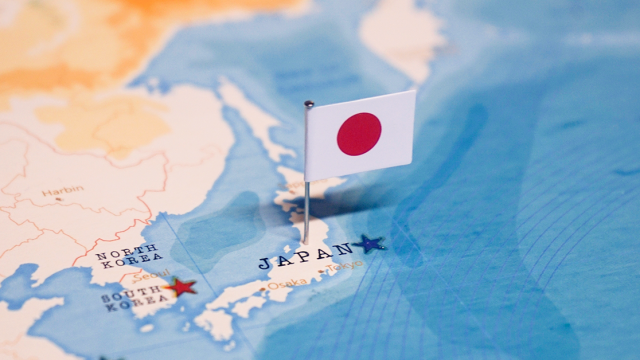In the previous article, we explored the state of digital currency and remittance in South Korea, where crypto adoption is relatively high and tightly regulated by the government. In this one, we will talk about its neighbouring country, Japan.
As one of the earliest adopters, cryptocurrency is legal in Japan, with the first legal framework on cryptocurrency established in 2016. It made history when it became the first country to recognise Bitcoin as a payment method in 2017.
Many Japanese were mining Bitcoin even when the cryptocurrency had little value. Mt. Gox, the Tokyo-based cryptocurrency exchange that operated between 2010 and 2014, was then the world’s biggest crypto exchange. It handled more than 70% of Bitcoin trading at its peak but declared bankruptcy and halted operations in 2014 after being hacked.
Japan’s digital currency development
There were about 8.82 million registered crypto accounts at the end of 2023, which increased from 6.4 million in the previous year. Latest statistics show more than 5 million actively use crypto in Japan. As of 2022, more than 100,000 merchants accept cryptocurrency as a payment method.
The country has a dynamic crypto asset market. Monacoin - created in 2013 and went live the following year - is still actively traded. In 2021, the country launched JYP Coin, a stablecoin pegged to the yen. The Japanese government even awarded 7 mayors non-fungible tokens (NFTs) in September 2022, a show of support and acceptance for the crypto industry.
Cryptocurrency regulations in Japan
Two cryptocurrency exchange hacks, Mt Gox in 2014 and Coincheck in 2018, which stole billions of Japanese yen in crypto assets, prompted the authorities to impose stricter rules.
The Japanese Financial Services Agency - together with the Japan Virtual Currency Exchange Association and the Japan Security Token Offering Association - regulates cryptocurrency in Japan. Together, they oversee crypto exchanges, KYC, anti-money laundering procedures and taxation policy.
The Central Bank of Japan commenced its CBDC pilot programme in April last year to test the technical feasibility of a digital yen. There are also multiple privately-led crypto initiatives. Japanese digital bank GMO Aozora Net Bank is expected to issue the DCJPY to become the first bank-supported digital currency in the country. Blockchain firm Soramitsu is working on a cross-border payment system using Cambodia’s CBDC.
Overall, while the digital currency industry is matured in the country, its reliance on cash and lingering worries about crypto-related crimes remain a roadblock.
Remittances in Japan
Japan’s remittance market is projected to reach USD 31.63 billion by 2028. Outbound remittances from Japan are significantly bigger than its inward remittances due to the sizeable number of foreign workers from countries such as China, the Philippines, Vietnam and Indonesia.
Sending and receiving money from Japan follows the typical payment channels like traditional banks, money transfer operators and online platforms. While more remittances are going digital - the country’s digital remittance market is projected to reach USD 2.02 billion this year, with a modest 2.04% growth expected by 2028 - the country’s unusually dependence on traditional financial infrastructure means it lags behind in digital remittance adoption.
It remains to be seen if digital currency, when it can be used to send remittances, drive its growth.







